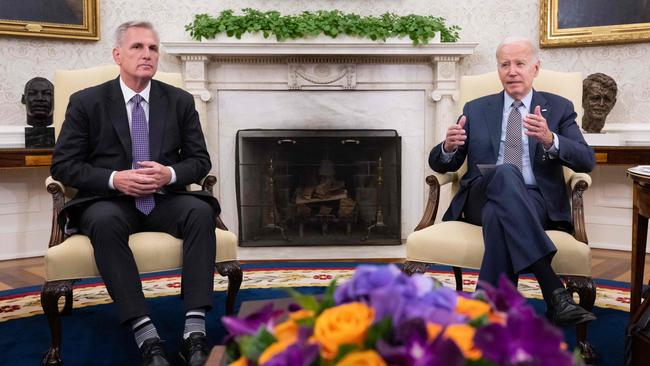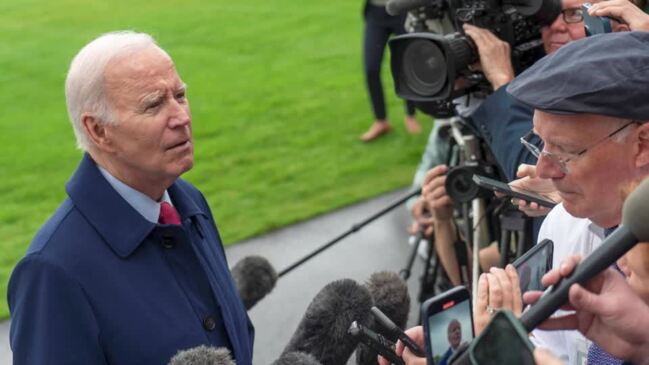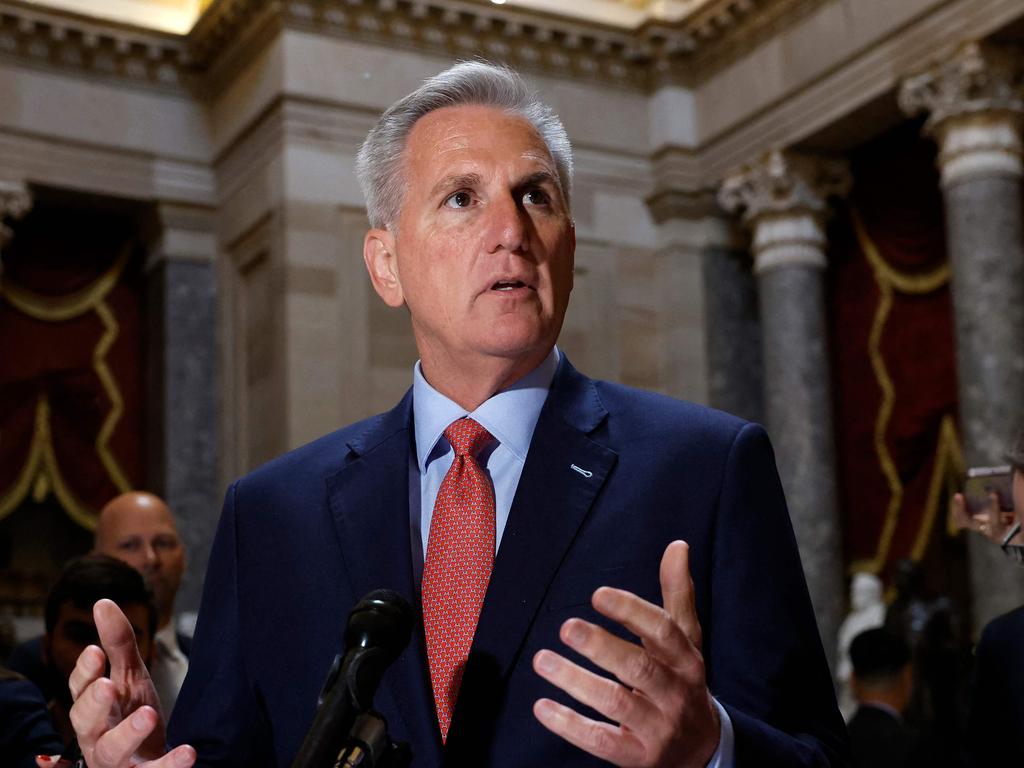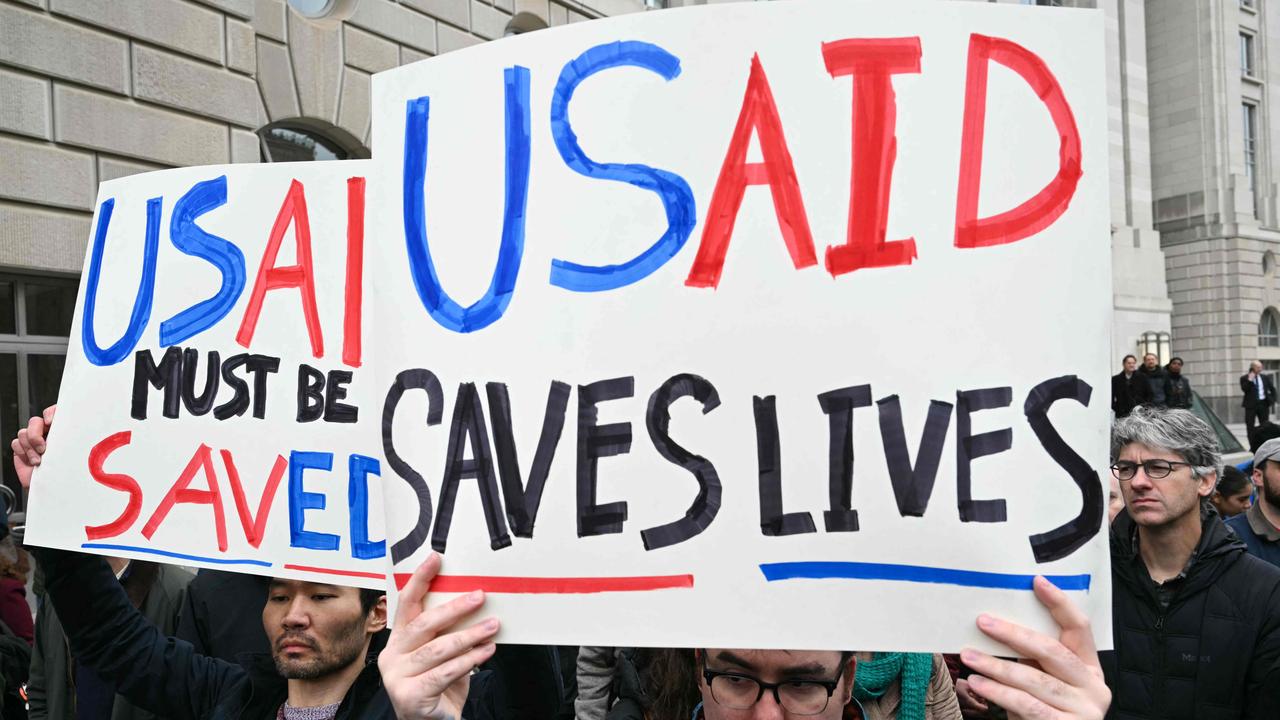
Maybe it was the White House’s crack negotiating team, or maybe President Biden is cannier than some give him credit for, but Democrats trounced Republicans in the high stakes back and forth over the US debt ceiling.
Chip Roy, an influential Texas Republican in the House of Representatives, was right to call the deal, which emerged over the weekend, a “turd sandwich” from the point of view of Republicans who wanted to see significant changes.
Republicans’ biggest demand, spelt out on their own budget bill passed in April, was to cut discretionary spending in the federal budget back to 2022 levels, in effect a $131bn cut, and cap growth at 1 per cent a year for 10 years thereafter.
Instead, spending would remain at current levels next year, subject to slower growth cap for only two years, under the deal thrashed out between House Speaker Kevin McCarthy and the White House.
If it passes through Congress, Democrats won’t have to worry about an austerity-induced recession in the lead up to the 2024 presidential election.
Indeed, the debt ceiling itself would be suspended entirely until 2025, ensuring no congressional fights that could undermine the president’s authority.
Republicans had wanted to lift it by US$1.5 trillion or until March 2024, whichever came first.
Only around 2 per cent of the extra US$80bn recently allocated to the Internal Revenue Service to boost collections would be scrapped.
Republicans managed to extract some toughening of welfare rules, lifting the maximum age under which work requirements take effect from 49 to 54 for those in receipt of food stamps.
A US$1.2 trillion tax credit scheme for renewable energy, passed under the Inflation Reduction Act, would stay in place.
The deal would restart interest repayment on federal student loans, but stop well short of binning Democrats’ signature student loan forgiveness policy, which remains held up in the US courts.
Perhaps most surprisingly, given the actual Covid-19 pandemic ended long ago, only around half of unspent Covid-19 grants of around US$50bn would be clawed back.
The agreement doesn’t include any tax increases, which Democrats originally demanded as part of the negotiations, but overall it’s hard not to see the ou

tcome as a win for the White House and congressional Democrats.
“I feel very good about it,” said Mr Biden on Monday when asked about the deal.
According to JP Morgan economists, the agreement would lower spending next year by the equivalent of 0.2 per cent of GDP relative to the current projection.
“In contrast, the deal that ended the debt ceiling crisis of 2011 reduced spending the following fiscal year by 0.7 per cent of GPD,” said chief economist Michael Feroli in a research note on Monday (Tuesday AEST).
“If the legislation released yesterday is signed into law the implied spending reduction doesn’t look like a game-changer for the macroeconomic outlook”.
It could be game changer for Speaker McCarthy’s authority within the Republican controlled lower house, however.
At least eight Republicans have already said they will vote no to the agreement when it goes to a vote on Wednesday (Thursday AEST).

Influential Republican senator Rand Paul suggested on social media Mr McCarthy was a “fake conservative”.
Republican control of the House – and Mr McCarthy’s grip on the speaker’s gavel – hangs on a slim 222 to 213 in the lower house.
Regardless of understandable outrage among Republican fiscal hawks, the deal is likely to pass, given numerous Democrats would probably vote to support the White House endorsed deal.
Any default at this stage as the June 5th deadline approaches would be owing to procedural hurdles in the Senate, where at least one Republican, Mike Lee, has vowed to do all he can to hold it up.
US creditworthiness appears safe until 2025, although not Mr McCarthy’s leadership.







